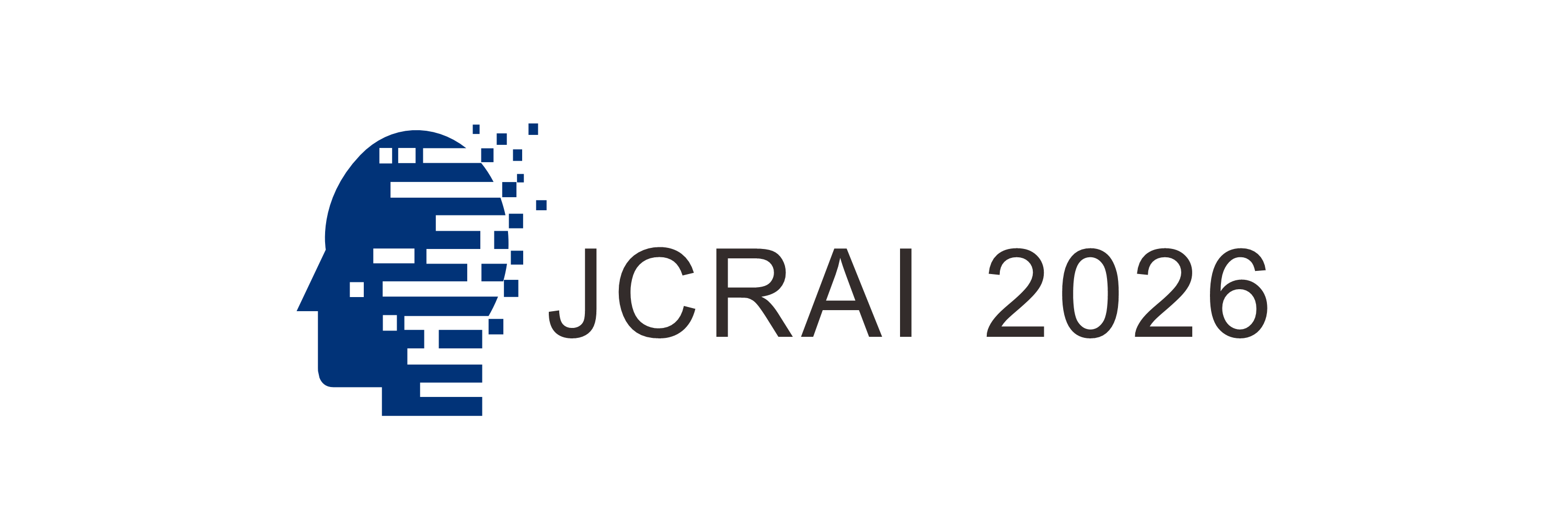Peer Review General
Description
Selected reviewers have a responsibility to ensure fairness, efficiency, and integrity during the peer review process. Each paper will be reviewed by two or more reviewers for relevance, originality, technical quality, significance, and presentation. Reviewers will be assigned to no more than three papers at a time and given two to four weeks to complete each paper review. Reviewers should provide sufficient and well-founded comments to help authors improve their papers, and may be asked to answer a series of questions by the program committee. While authors may provide feedback, the final review decision cannot be changed.
Pre-review Check
The Program Chair or Program Co-Chair of the conference performs an initial assessment of the paper review. During this stage, the editor conducts a brief review of the manuscript to determine its relevance to the conference scope, originality, language quality, layout, artwork quality, and paper length. The editor evaluates the overall impression of the paper in this process.
Peer Review Policy
Double-blind: an academic peer review process where both the authors and reviewers are kept anonymous from each other.
Online Submission System
CMT system
Criteria
1. Originality
The paper should be original, offer novel ideas or achieve advances in the specific research areas.
2. Relevance to the conference
The research of the accepted paper should be relevant to the conference and important to the research field.
3. Significance
The paper should contain valid analysis and solid experiment design, and should make a sufficient impact on the research field covered.
4. Quality of Presentation
The quality of English language usage and grammar should be appropriate and easy to read. The presentation of the paper should be well balanced and presented in a logical order.
Confidentiality
1. Protect paper Info.
The contents of the papers cannot be used, referenced, or included in future work by the reviewers until the review, presentation, and publication processes are complete. Until then, the information in the papers should be treated as confidential and may not be used for any purpose not related to the review process. Reviewers should never share the reviewed version of the paper, review findings, reviewer comments on papers, or deliberations on the review decisions with anyone other than the review committee and the conference staff.
2. Protect personal Info.
Since the review process is double-blind. All our reviewers are expected to maintain anonymity and authors should avoid revealing themselves in the paper. In particular, it is not allowed for reviewers to contact the authors of an accepted paper directly mentioning their role in the process. The authors' names, affiliations, acknowledgments and other related personal information will be deleted or covered before the papers are sent to double-blind peer review.
Review Reports
The paper review process is set to evaluate manuscripts, help authors to improve their work and decide whether to include the papers into the conference proceedings. Reviewers must read papers carefully and provide clear, unbiased feedback, starting with an overall assessment and identifying strengths and weaknesses. Specific comments should also be given to suggest authors how to improve their work.
Best Reviewer
Reword this. Each year, JCRAI presents the Best Review Award to recognize the reviewer who contributes to the quality and validity of academic research by providing the most insightful, constructive, and high-quality feedback on conference papers.
